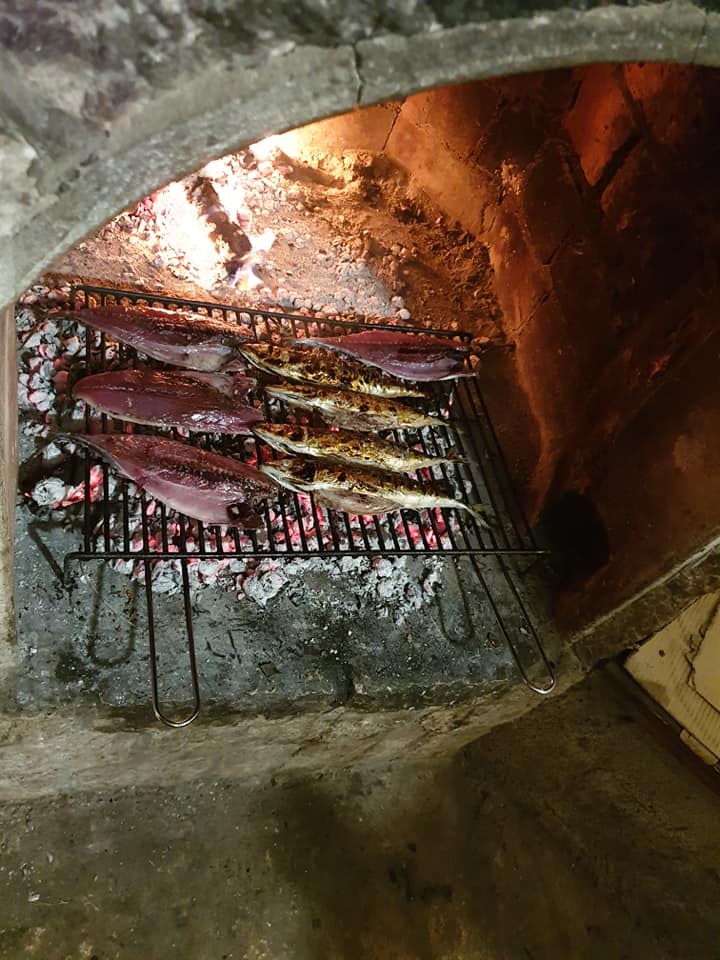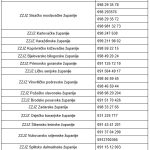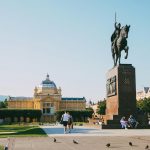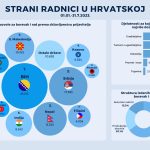April 29, 2020 – With all the health threat of the virus, the economic downturn, and the mental health issues, is it possible that a post-corona Croatia may actually become a better place? I am starting to believe, and I am not alone.
Who is the person that you know who has been least affected by coronavirus? Take a minute to think, and while you do, let me tell you about my legendary punac (father-in-law), Franko. For he is a key piece in my thinking that the post-corona Croatia could, should and may even become a much better Croatia than the one we have at the moment. In order to explain the rationale for my thinking, I need to tell you a little about my punac.
Franko certainly didn’t have it easy in life, and yet I have never heard him complain about his lot. One of 10 children in the village of Brusje on Hvar, Franko had to walk the 6 km to school in Hvar Town each day, and the 6 km back home again. Clothes were handed down and food was scarce. Luxuries were even rarer, and he has never been one to waste a single thing in his life.
He saved a small amount of money about 50 years ago and bought 360m2 of agricultural land on a hill filled with trees overlooking the old town of Jelsa. Everyone thought he was crazy and was throwing his money away.
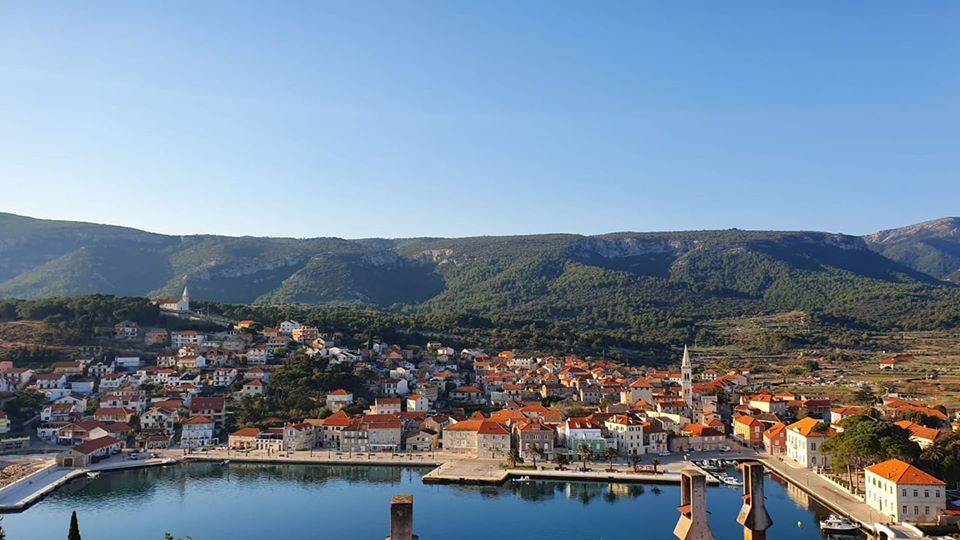
But Franko knew what he was doing, and he had a longterm vision of the future. Piece by piece, floor by floor, he slowly built his family house, complete with apartments for rent, the income from which funded the construction of the next floor. It was all done without credit, year by year.
War came in 1991, and Franko bought a plot of land to grow food to feed the family in case the inevitable wartime shortages became a reality. He has come to love that land (and the adjacent plots he bought in subsequent years) and spends hours there every day. Almost 30 years later, it provides much of the food that is feeding the 7 of us during the corona crisis.
Having put all four of his children through university – an opportunity he never had himself – and with no debt to worry about, life goes on pretty much as before. Tourism will be down this summer, but the fundamentals of life – a healthy lifestyle on a beautiful island he rarely leaves, with home-produced food, wine, olive oil – remain.
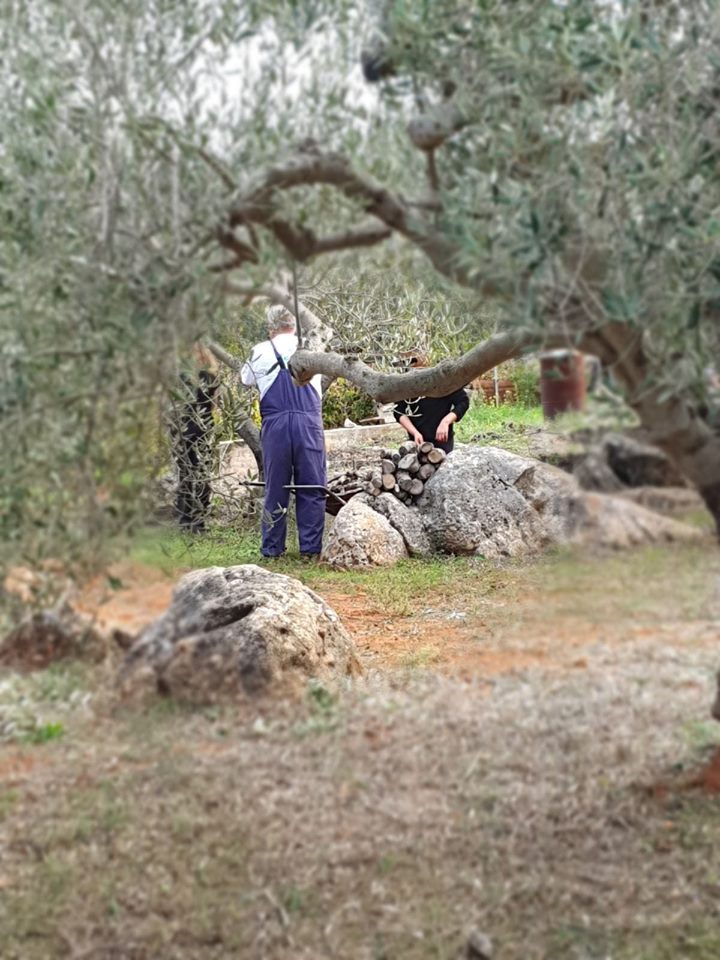
I have tremendous respect for my father-in-law for all he has achieved from such a humble start, and I do sometimes wish he had got a son-in-law who was a man of the soil, rather than this fat beer-drinking blogger.
My punac is proof that one can have a healthy and fulfilling life in Croatia based on self-sufficiency and buying local.
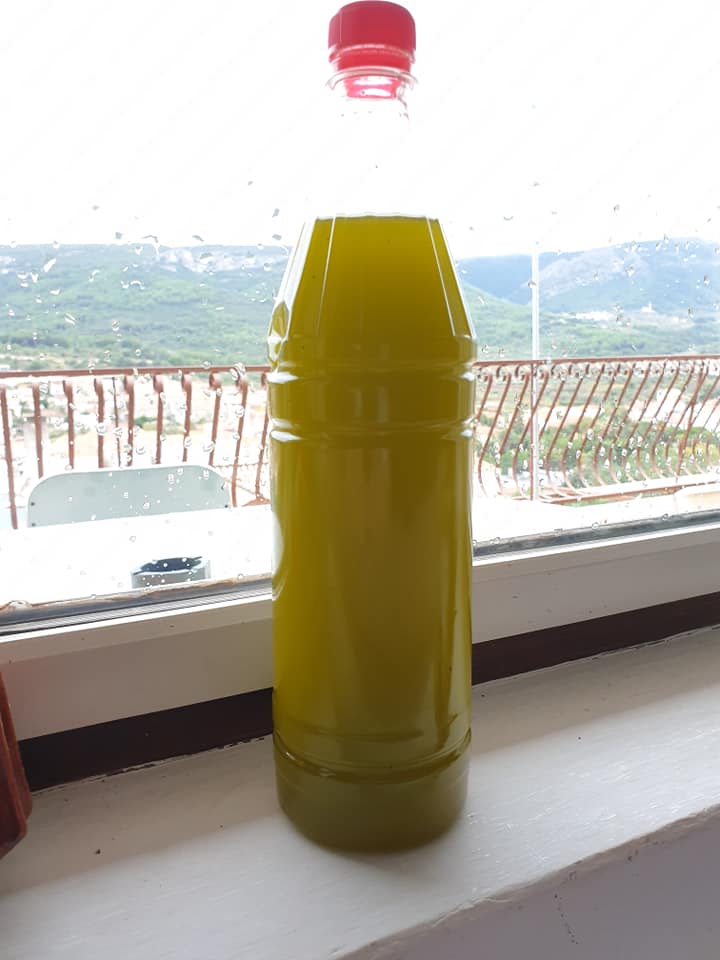
This theme of buying local is gathering pace all over the world, as corona has forced us into a thorough reexamination of almost every aspect of our lives. Enforced self-isolation and reevaluation of our lifestyles has been a cleansing experience for many, who have realised how little they need to survive, and how much excess stuff in their lives is totally unnecessary.
Certain things will change forever perhaps, such as increased health precautions and much less travel, but corona has also brought plenty of positive things for Croatia, especially if its people seize these opportunities from such an unexpected source. I for one am increasingly hopeful – almost expectant now – that the post-corona Croatia will be a better place for us all to live. There are several aspects to my optimism.
Buy Local and Let Slavonia Feed Croatia and the Region Once More
Yesterday I did my first Zoom video interview of my life, one of my new TCN realities. It was with a farmer/businessman in Slavonian whose family has been producing and processing food for almost 40 years in the region which once fed not only Croatia but also much of ex-Yugoslavia. I can’t wait to publish the interview and story, as it was one of the most interesting I have ever done, and in it, we discussed the differences of growing food in Slavonia when it was the breadbasket of the region, and food production in Slavonia today.

“Could Slavonia once more feed Croatia, and maybe its neighbours too,” I asked.
“Yes.”
Obviously the solution to make that happen will involve a little more than the word ‘Yes’, but think about this for a minute. The era of tourists sending their cash en masse and all we have to do is wait for them to come over. Let’s forget everything in the past and look at Croatia today.
Could it feed itself? Yes.
One of the big positives of this crisis has been the number of people who have started to buy local. Small OPGs are making their products available via social media, and people are ordering. Here on Hvar, there is a great online delivery option for local products, which covers Hvar, Vis and Solta. That crazy man from Djurina Hiza in Varazdinkse Toplice, Nikola Bozic, has been racing around the country delivering top-quality steaks and other premium OPG products.

More and more people are coming round to the idea of growing and buying local. Croatia has excellent quality food, and more and more people are realising the insanity of importing products when we can grow them for ourselves. I think it was Karlovac County which last week announced funds for developing unused arable land. Technology is the friend of #BuyLocal, and new distribution networks such as that being developed by Nikola Bozic, will only make Croatia’s excellent local produce more available to the end-user.
Getting Croatia’s agricultural capacity back to where it was will not be easy, but it is also not impossible. With so much unemployment looming, it will generate jobs – and eventually exports.
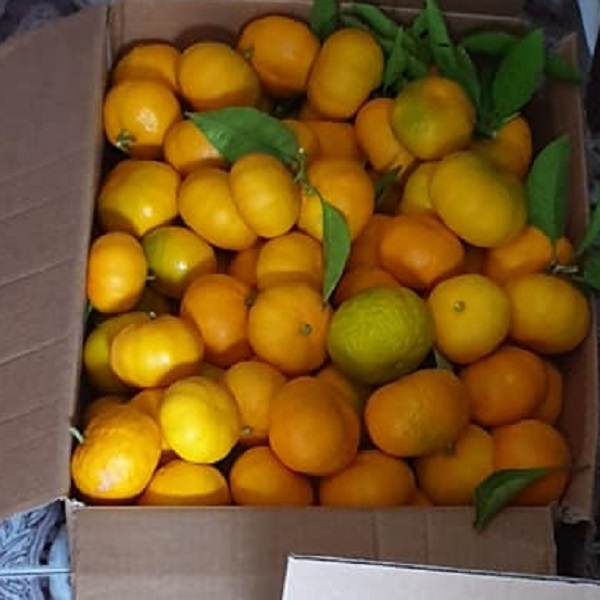
Life is FINALLY Not So Comfortable That Croats Will Protest
About 18 months ago, I wrote an article called Could Croats Ever Unite if They Were Not Under Attack? This is a country which can get 550,000 people on the streets of its capital to welcome back its World Cup heroes, but nothing remotely similar in size when it comes to protesting. Croats have SO much to complain about with the way this country is run, and they DO complain SO much – in cafes and with its massive army of keyboard warriors. But to get them to physically march on Zagreb and protest and demand change? It just doesn’t happen (or very rarely and in much smaller numbers).
And one of the reasons for that is that life in Croatia is actually TOO comfortable for many. Croatia has one of the highest rates of homeownership in the world, which is comforting in times of crisis. It also has many, many people who live off tourism and make enough in 4-5 months a year that they do not have to work for the rest of the year. And while the homeownership and ability to grow food remains, that easy income has gone – probably forever for many.
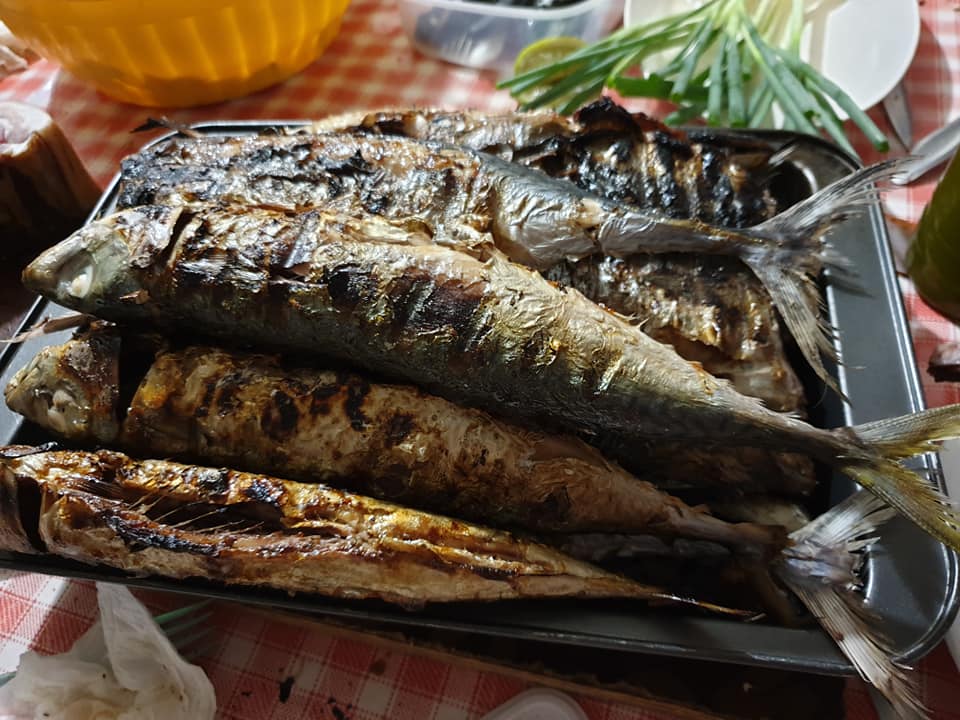
With up to 300,000 job losses predicted in response to the initial government economic measures, it was clear that not only was life about to get less comfortable, but tough enough for Croatians to be p*ssed off enough to do something about it. One of the best initiatives in recent years in Croatia has been the Glas Poduzetnika Association (Voice of Entrepreneurs), a rallying base for the private sector which has almost 60,000 members, and which has already achieved much success with its concerted pressure on the government for effective measures and reforms. You can follow their progress in the dedicated TCN section.
Mainstream media are now actively leading campaigns for Reforms Now, with this article from 24Sata, for example, a great overview of the choices which face Croatia – Croatia Can’t Wait Any Longer, Reforms are Needed Now.
King Vili the Prototype, Time for the Next Generation Politician
Ask the man on the street in Croatia about how competently the Croatian Government would handle the corona crisis before it started, and you would not have felt reassured. One of the best things that happened to Croatia is staying safe was the removal of the previous health minister on January 27, 2020, due to alleged (my new favourite word) irregularities with his property portfolio. Croatia got a new health minister, Vili Beros, and a new type of minister – dedicated, qualified, determined, transparent, communicative, approachable. There are perhaps only a handful of countries which have handled the health threat of corona as well as Croatia, and the example of Beros and his team has shown that something is possible which one rarely sees – a minister working for the people and not for himself.
And having seen it, the current mood of the country will demand more of it. Uhljebistan is a beast, and it will take more than corona and economic catastrophe to kill it, but there has never been a better chance to push for change. Remove Uhljebistan, go back to Croatia’s roots with an engaged diaspora willing to invest, and the future of Croatia is incredibly bright.
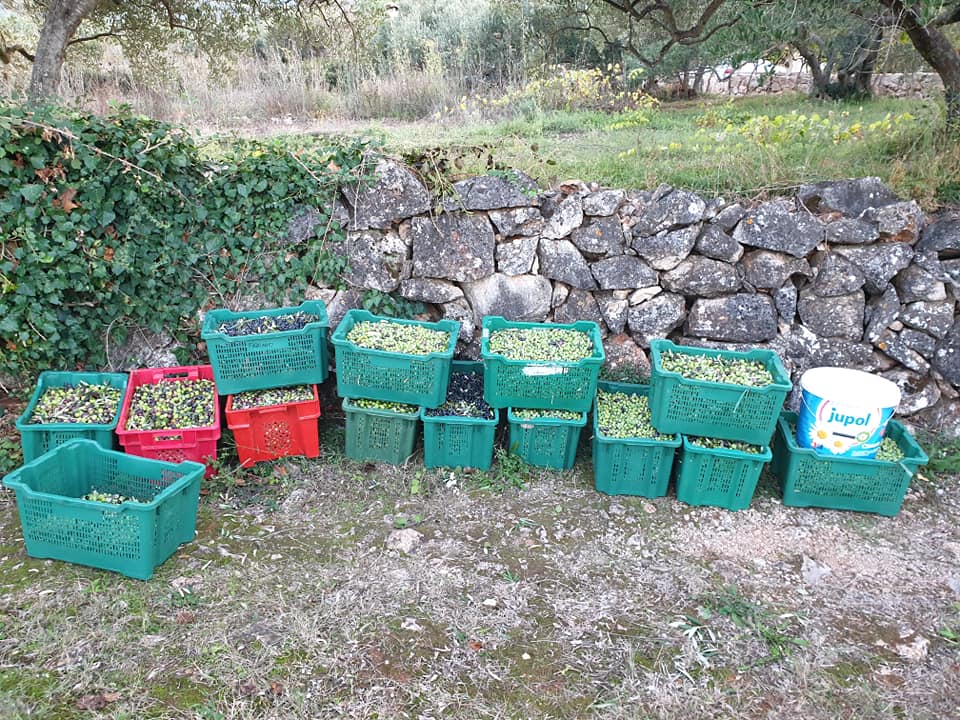
Transparency in the Digital Post-corona Croatia 2.0 – an Accelerated Process
The fight against Uhljebistan has an increasingly powerful ally – digitalisation and transparency. This crisis will only accelerate the digitalisation of Croatia, as well as removing the need for so many processes, which are not only inefficient, but also come with health (infection) risks and help fund Uhljebistan. The era of bloated bureaucracy and those beloved stamps was already on borrowed time, but now that people see that it is not only easier to do so many things online, but also much more efficient, the process of establishing a post-corona digital Croatia 2.0 will accelerate.
I was joking with my kids the other day that when I went to school, we used chalk and a blackboard. It is something they remember too, of course, but will kids in 5 years? The enforced adaption of online schooling has broadly been a big success, and it offers some intriguing possibilities moving forward, both in the development of homeschooling (currently illegal in Croatia) and access to better education from other countries.
And more transparency and digital tools will reduce the ability of Uhljebistan to extort its funds quietly as it does now.
From a Mass Tourism Economy to Agriculture, IT and Elite Tourism
Croatia has an IT sector which is full of excellence and competes on the global stage in many aspects. This again is largely home-based and local, is set to expand and generate great income for both Croatia and its IT entrepreneurs. Put the Croatia today aside for just one moment, and imagine a new model (IF we can get rid of the bulk of Uhljebistan), and I would see it looking a little like this.
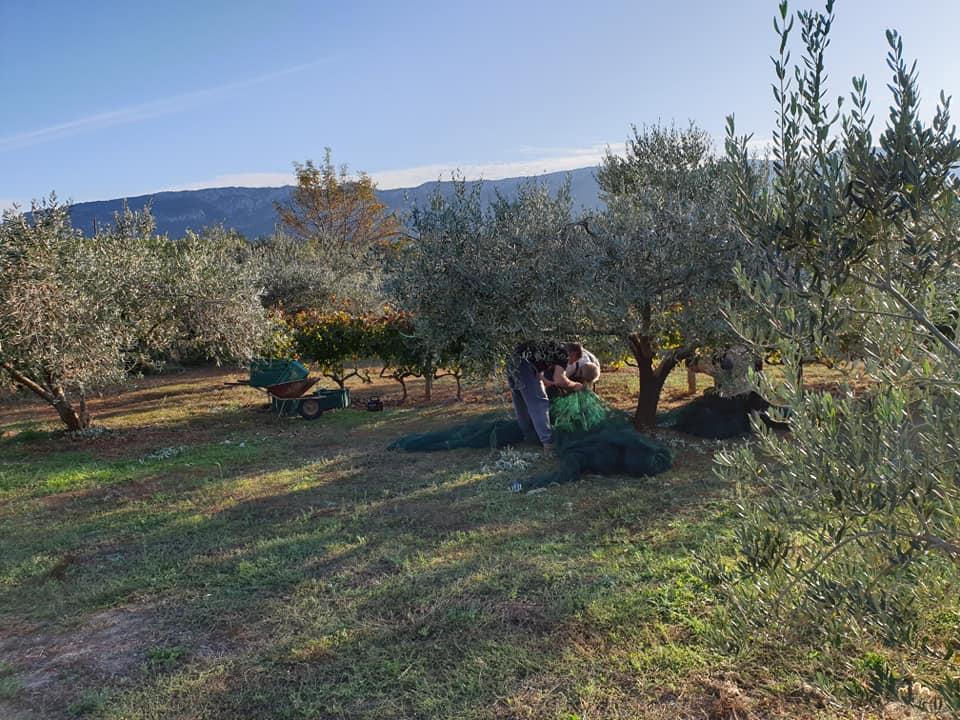
1. An agricultural sector which employs many, feeds the country, as well as generating exports, with a home delivery system bringing the finest Croatian quality direct to your door.
2. An IT sector which will flourish, allowing Croatia to create jobs locally and generate significant income.
3. A country where mass tourism is a thing of the past, where locals can afford to enjoy a quieter coast at more reasonable prices.
4. A country whose outstanding natural beauty is one which is a magnet for eilte, not mass tourism. And let’s not forget medical tourism, another untapped jewel in Croatia’s armoury.
5. A country whose outstanding natural beauty and unique and chilled lifestyle make it a haven for digital nomads and remote workers – a niche which is set to explode in the coming years.
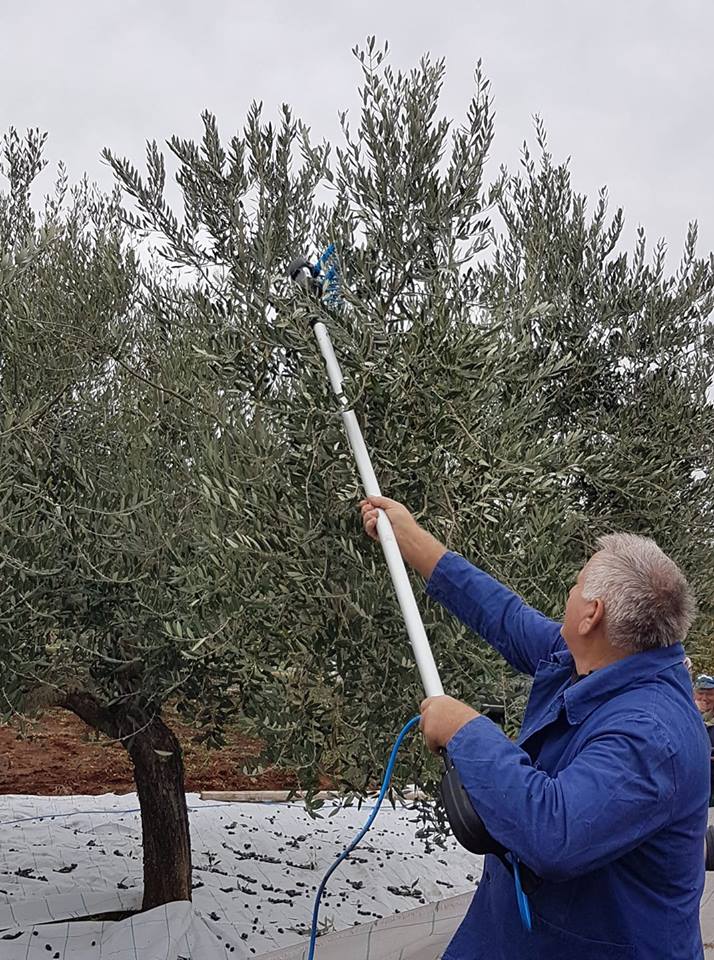
A country which will rely on itself and its own resources, in which there will be many happy people in their local community, just like my punac Franko.
And how much damage will all this cause the environment compared to our current practices and strategies?

